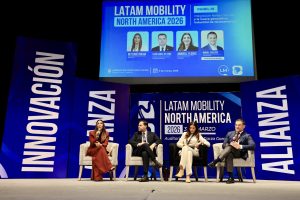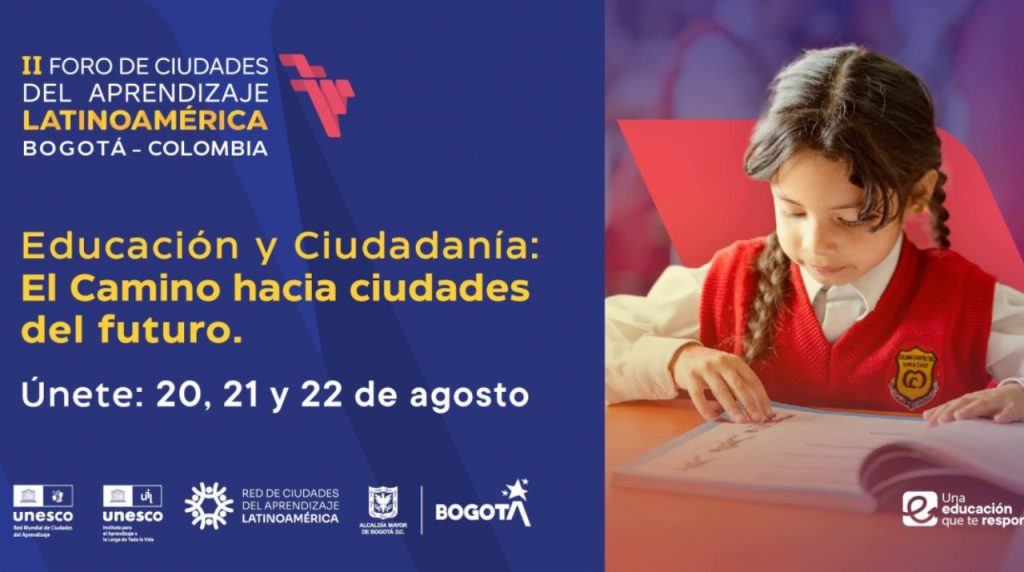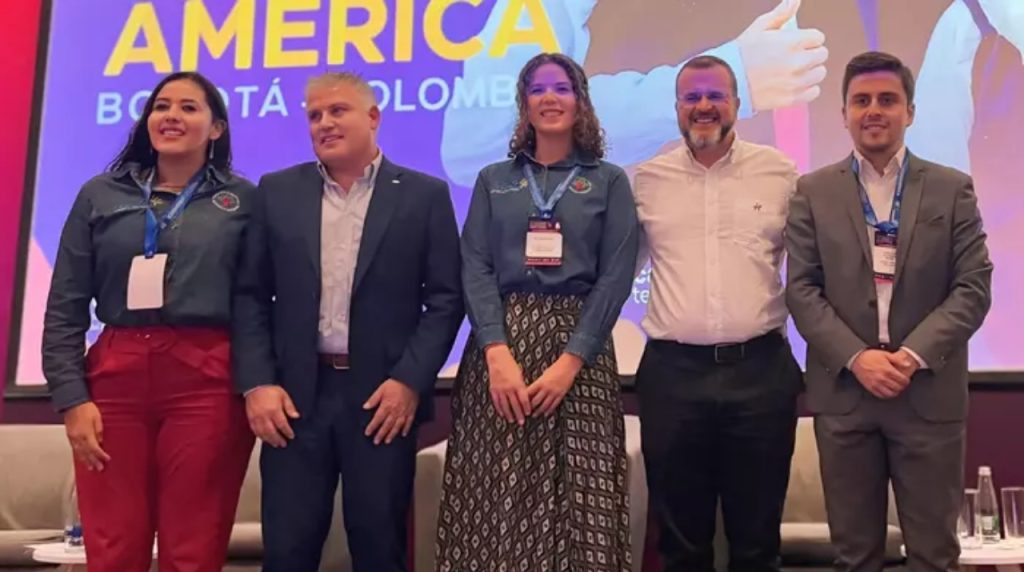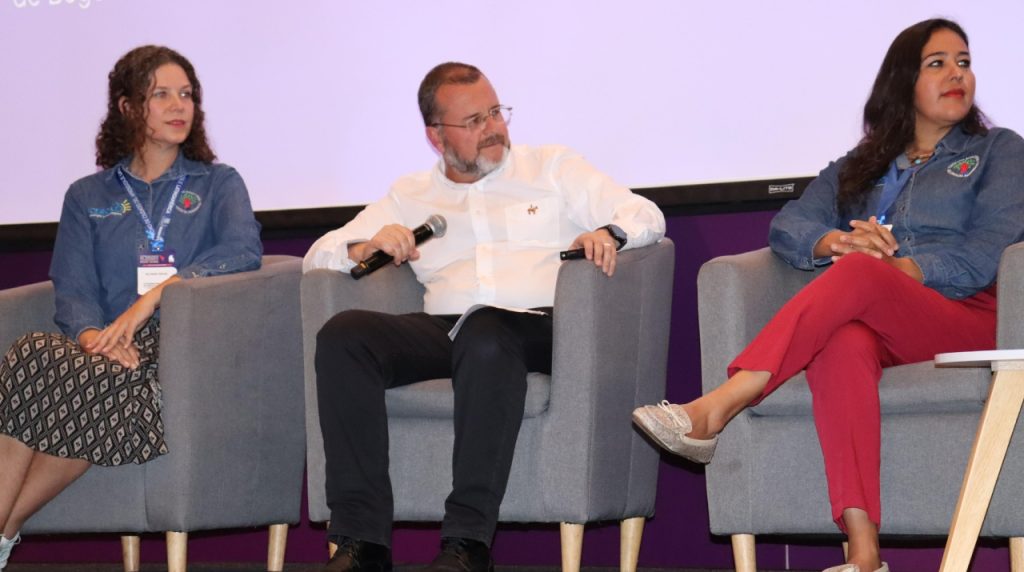
Bogota Hosts UNESCO Forum on Mobility and Sustainability

Bogota recently hosted the II UNESCO Forum of Learning Cities in Latin America, an international event that brought together representatives of more than 92 cities from 14 countries in South and Central America, as well as Saudi Arabia, Korea, Ukraine and Ireland.
The Mayor of Rionegro, Jorge Rivas, participated in the forum and presented a paper entitled “Sustainable Mobility: Innovation with Pride, Ownership and Belonging”.
Rivas shared the panel with Claudia Díaz, Secretary of Mobility of Bogotá; Fernando Escalante Sánchez, Mayor of Mineral de la Reforma, Mexico; and Jacqueline Valenzuela, Director of the Center for Renewable Energy and Environmental Quality.
You may also read: Automotores Toyota Colombia Aims at Technological Diversity and Tariff Benefits

According to the local press, in addition to his participation in the forum, Mayor Rivas made representations to the Ministry of Housing and the Ministry of the Interior to secure resources for the development of projects in the municipality of Rionegro.
Initiatives
Through its mobility secretariat, Río Negro seeks to prevent, control and solve the different needs of the community in terms of mobility, transportation and transit, by complying with the guidelines established in the legal and current regulations, in balance with sustainable mobility, accessibility and road safety, and promoting citizen road culture in harmony with the environment, for the development of the municipality.
In 2021, the Legislature of Río Negro passed into law two projects to regulate the intervention of the Province in the reduction of greenhouse gas emissions through the adoption of measures to address climate change.

These are the Building Labeling Bill, which establishes a Regulatory Framework and the Promotion Framework for Sustainable Mobility, both of which were unanimously approved by the Provincial Legislature.
The regulation promotes the transition from transportation based on the use of non-renewable resources (fossil fuels) to technologies based on the use of electric energy, fuel cells (hydrogen), LPG or any future development that may be related to the sustainable use of freight and passenger transportation.





